Colon Cancer Screening Program
The Colon Cancer Screening Program at National Jewish Health combines the expertise of specialists in our Division of Gastroenterology and the Division of Oncology.
Early detection and treatment of cancer leads to higher survival rates. The American Cancer Society and The American College of Gastroenterology recommend that colon and rectal cancer screenings begin at age 45 in average risk patients. They also recommend that this screening be repeated every 10 years. For those at high risk, screening every 5 years or sooner may be recommended.
| Average Risk | Increased Risk |
|
|
Colonoscopy is the most sensitive diagnostic test and the only one that treats colon polyps (growths on the surface of the large intestine).
Our expert GI faculty offers high quality, comprehensive GI cancer screenings:
- We visualize 100 percent of the colon in more than 99.8 percent of our patients.
- We have a 65 percent Adenoma Detection Rate (ADR) which is significantly above the national benchmark of 25 percent. ADR is the rate at which physicians detect adenomas (benign tumor) during a colonoscopy.
ACS Guidelines for Colorectal Cancer and Polyps
Beginning at age 45, both men and women should follow one of these testing schedules:
Tests that find polyps and cancer
- Flexible sigmoidoscopy every 5 years1, or
- Colonoscopy every 10 years, or
- Double-contrast barium enema every 5 years1, or
- CT colonography (virtual colonoscopy) every 5 years1
Tests that primarily find cancer
- Yearly fecal occult blood test (gFOBT)1,2, or
- Yearly fecal immunochemical test (FIT) every year1,2, or
1 If the test is positive, a colonoscopy should be done.
2 The multiple stool take-home test should be used. One test done by the doctor in the office is not adequate for testing. A colonoscopy should be done if the test is positive.
Why Choose National Jewish Health
We understand that cancer is scary and life changing so we approach it carefully, seriously and with a team of the most compassionate and caring providers who will help you every day.
We offer a full range of treatment options for GI cancer:
- Multidisciplinary clinicians and researchers dedicated to GI cancer prevention, detection and treatment
- Expedited diagnosis and treatment
- The most advanced technology to diagnose GI cancer accurately
- A full range of advanced treatment options including chemotherapy, radiation therapy, minimally invasive procedures and surgery
- Behavioral healthcare for the patient and the whole family
- Onsite, full-service rehabilitation program
- Palliative procedures and counseling
- Nutrition counseling
- Coordinated care that is personalized to your health and genetics
Other Gastrointestinal (GI) Cancers We Treat
- Esophageal cancer
- Esophageal biopsies
- Esophageal endoscopy
- ENT evaluations
- Endoscopic stenting of obstructive lesions
- Stomach cancer
- Liver and pancreas cancer
- Endoscopy or ssophagoscopy gastroscopy duodenoscopy
- Stenting of obstructive lesions in the liver and pancreas
- Endoscopic retrograde cholangiopancreatography (ERCP)
- Small intestine cancer
- Colonoscopy
- GI tract biopsies
- GI tract endoscopy
- Diagnosis using capsule endoscopy (Pill Cam)
Learn more about the other types of cancer we treat by visiting the Division of Oncology page.
Doctors
-
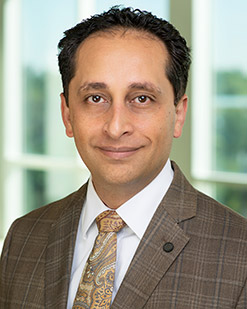
Arash Babaei, MD
-
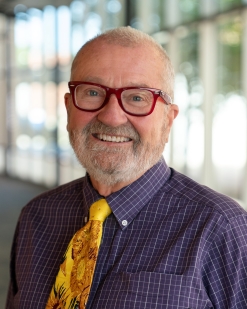
John Goff, MD
-

Jeffrey B. King, MD
-
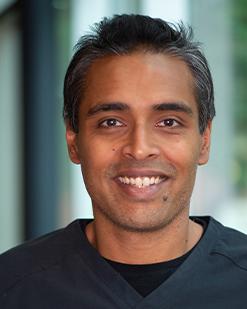
Pranav Periyalwar, MD, FACG, FASGE
-
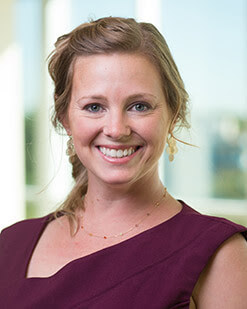.jpg?width=247&height=309&ext=.jpg)
Serena Snow, FNP-BC
-
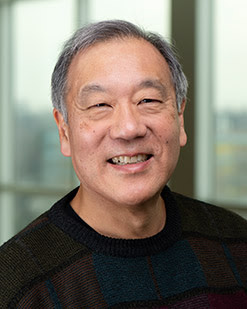
Neil W. Toribara, MD, PhD
-
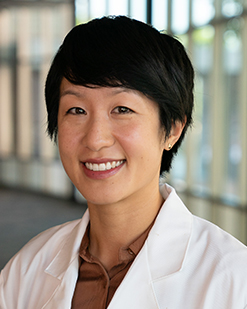
Kathleen Yan, MD
 Clinical Trials
Clinical Trials

Idiopathic Pulmonary Fibrosis (IPF) & GERD
The purpose of this study is to measure and accurately identify the presence and severity of gastroesphageal reflux disease (GERD), commonly called acid reflux, in idiopathic pulmonary fibrosis (IPF) patients using the Supraglottic Index (SGI).
Learn MoreReasons to Choose National Jewish Health
- The leading respiratory hospital in the nation and the only one devoted fully to the treatment of respiratory and related illnesses
- Ranked #1 or #2 in Pulmonology by U.S. News & World Report for 26 consecutive years
- Ranked in the top 5% of hospitals in the nation by HCAHPS
- Physicians consistently recognized among the best in the nation by multiple services, including Best Doctors in America and Castle Connolly
- Among the top 6% of organizations funded for research by the NIH, providing patients access to hundreds of active clinical trials
- 124-year history of focus on care, research and education serving patients from around the world with lung, heart, immune and related disorders
